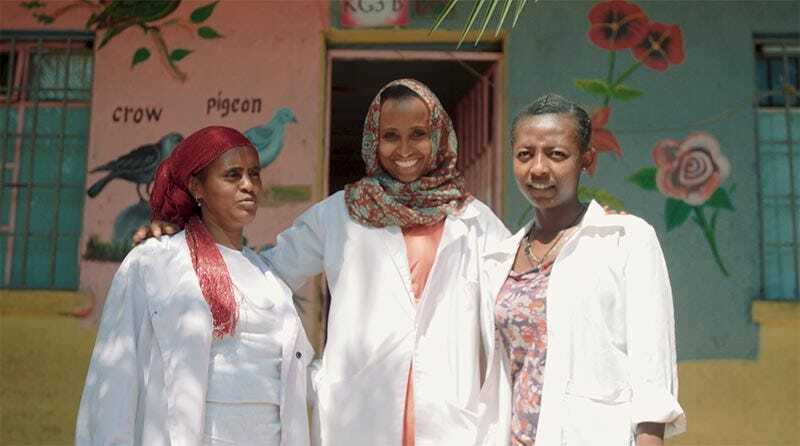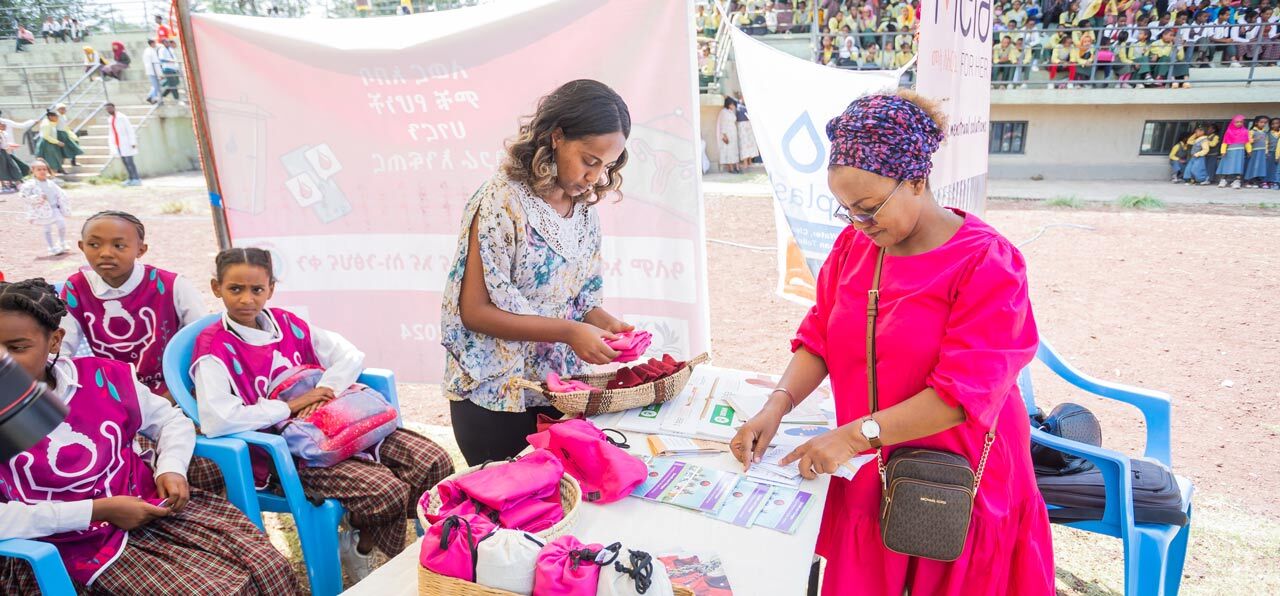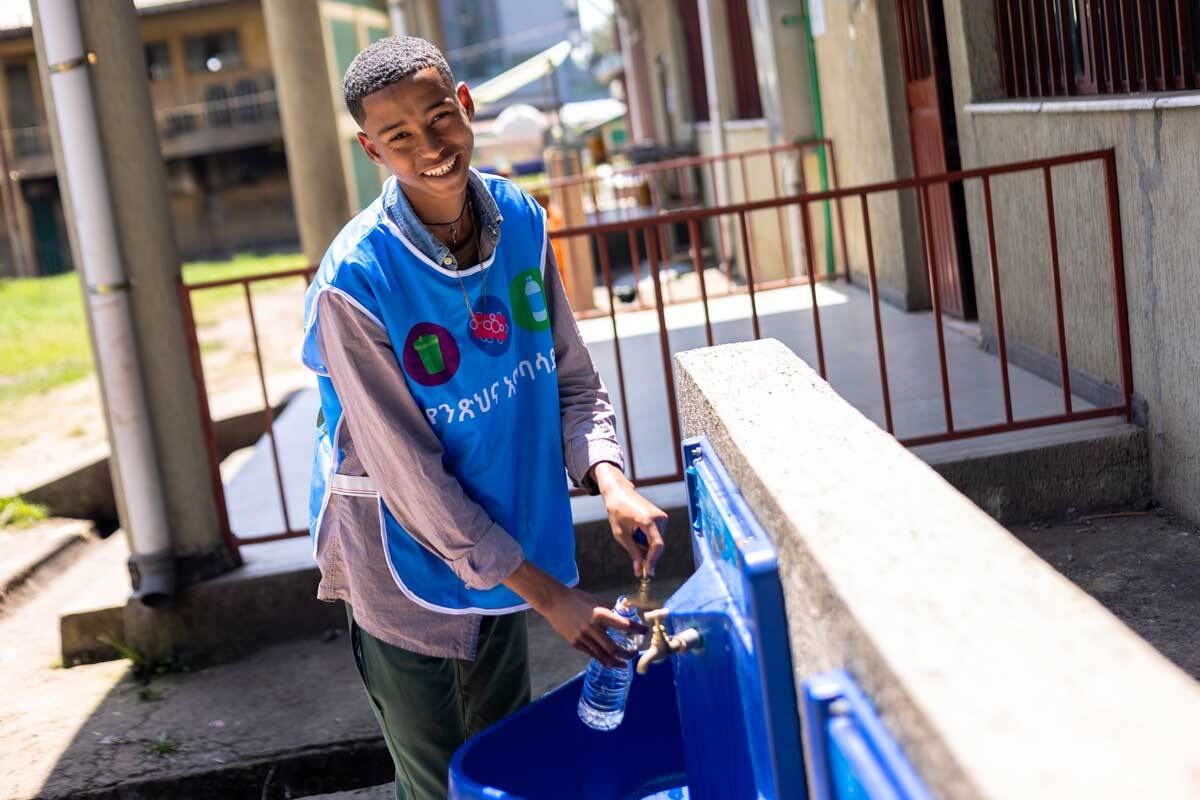Articles and information about Splash and the work we do.

March 8, 2019
A Balanced World Is A Better World


As we commemorate International Women’s Day on March 8th, Splash is a firm believer that now, more than ever, we must push for progress on gender equity globally. While Splash focuses on water, sanitation, and hygiene for all children, we recognize that women and men, as well as boys and girls contribute to the success of our programs. We also recognize that we will never achieve United Nations Sustainable Development Goal 6, to ensure the availability and sustainable management of water and sanitation for all, without paying special attention to the needs of women and girls, and those in vulnerable situations.
As many of the countries where Splash works fall below the global average for economic participation and opportunity, educational attainment, health and survival, and political empowerment of women and girls, integrating a gendered response into all of our programming is critical.[i]
Most recently, as a part of Project WISE (WASH-in-Schools for Everyone) — a five-year effort to reach 100% WASH coverage of government schools in Addis Ababa and Kolkata — Splash hired a full-time Menstrual Health Specialist to oversee our menstrual health work globally. From 2019–2023, Project WISE will benefit more than one million children through improved water, sanitation, and hygiene infrastructure; behavior change programs for kids and adults; and strengthened menstrual health services for girls aged 10 and above.
In the three cities where we implement sanitation programs — Addis Ababa, Kolkata, and Kathmandu — gender segregated toilets are a crucial part of ensuring that females have a safe and private experience when using sanitation facilities.
In an effort towards gender parity, Splash spotlights female teachers as positive leaders in the school environment. We believe it is important to ensure that women are included as focal teachers leading our hygiene curriculum, as they train other adults and children at their school and serve as role models.
We also work to ensure gender equity in our hygiene club composition. Splash believes it is essential to eliminate the possibility of school staff selecting more males than females, or vice-versa, to be part of our hygiene club. It is important for both genders to be featured as leaders at school. It is also important for both boys and girls to be seen as interested and invested in hygiene topics.
To create a safe space for conversations about potentially sensitive topics, such as menstrual health, we know it is crucial to be aware of local cultural norms, while also advocating for both males and females to be educated on such topics. Efforts, such as making sure that there are proper waste bins for sanitary products, are ultimately important to the health of all.
Based on current trends, the overall global gender gap will take 200 years to close. At Splash, we agree that there is a strong call to #BalanceTheBetter for gender parity not only in the WASH sector, but in all sectors, globally. With the concerted efforts of multiple actors, we can close this gap together.

